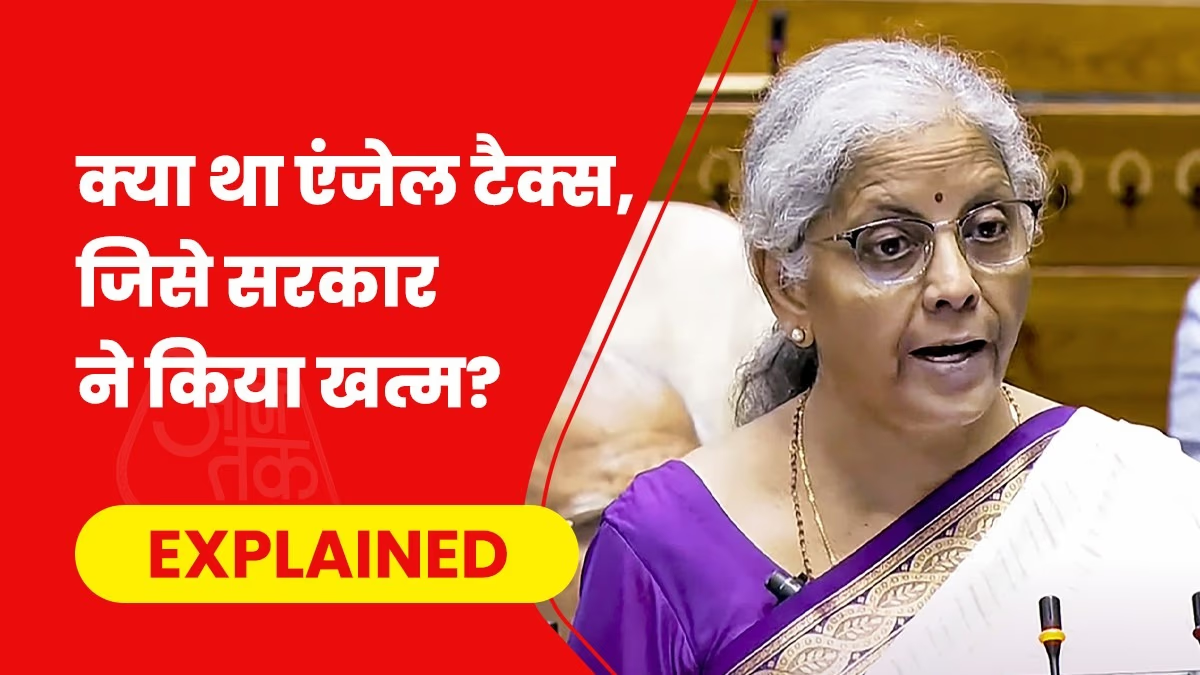Finance Minister Nirmala Sitharaman presented the budget for 2024-25 on Tuesday. This is the first budget of Modi government's third term. Major changes were made in the new income tax regime. Additionally, the 'Angel Tax' was also abolished to boost the startup ecosystem.
The Angel Tax was introduced in 2012 when Pranab Mukherjee was the finance minister. It was brought in to curb money laundering through investments in startups.
What is Angel Tax?
The Angel Tax was added under Section 56(2)(vii b) of the Income Tax Act. If a startup raises funds from angel investors, this tax is applicable. However, it only applies to funds that exceed the fair market value of the startup.
For instance, when a startup raises money from investors and the investment amount exceeds the fair market value of the startup's shares, the startup has to pay the Angel Tax.
This is because the extra price of the shares is considered as income, and this income is taxed.
Angel investors are those who take equity through funding startups. Generally, these investors use their personal income to invest in startups or small companies.
For example, if a startup's fair market value is Rs 50 lakhs and it raises Rs 1 crore from angel investors, it has to pay tax on Rs 50 lakhs.
Read also: Budget 2024: For First Job Holders, Rs 15,000, 1 Crore Houses, Tax Exemption.. Understand what Nirmala's budget unveiling reveals
Angel Tax Has Been Contentious!
The Angel Tax has often been a subject of controversy. Many entrepreneurs launching startups argue that it is impossible to determine the fair market value of a startup.
Startups claim that assessing officers (AOs) use discounted cash flow methods to determine fair market value. This benefits the tax authorities while harming startups.
A 2019 survey by LocalCircles revealed that 73% of startups raising funds between Rs 50 lakhs to Rs 2 crores received notices to pay the Angel Tax.
Read also: Budget Speech Highlights: Changes in the New Tax Regime, 5 Schemes for Jobs... Read the Major Highlights of the Budget
Only Certain Startups Were Exempt Until Now
In the 2019 budget, the government simplified the Angel Tax rules slightly. The Department for Promotion of Industry and Internal Trade (DPIIT) granted exemptions to certain startups registered with it.
However, this exemption was not available to all startups. Only those certified by an Inter-Ministerial Board (IMB) were exempted.
The IMB is a government body that decides if a startup is innovative and qualifies for the benefits under the Income Tax Act.
Reports state that more than 84,000 startups are registered with DPIIT, but only 1% of them are certified by the IMB.




